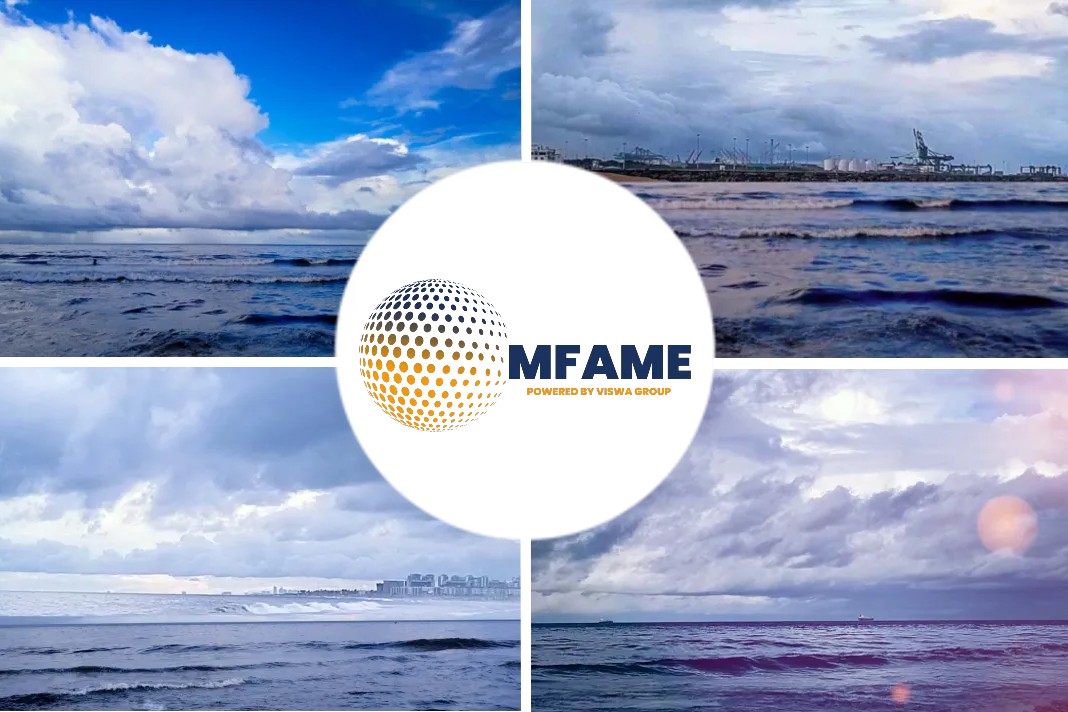
A new report from Lloyd’s Register (LR) has identified that the main challenges for the industry’s adoption of methanol are investment and community readiness, with the fuel’s technology feasibility continuing to grow.
Fuel For Thought
Methanol’ found that technology for methanol usage as a marine fuel is feasible, available and mature in certain cases. Most engine makers will have dual fuel engine models in the near term and there is significant evidence of interest from shipowners. By 2030 it is estimated that methanol could account for 20% of the vessel orderbook. Whilst community readiness is lower than technology readiness for methanol, the study shows that this is growing, with the industry drawing on the experience of transporting methanol as a cargo and its use as a fuel over the last decade. Safe bunkering guidance has been written and has laid the groundwork for future international safety requirements and class regulations are in place for new building and retrofit designs to ensure existing safety requirements are met by methanol-powered vessels.
Due to the low production of green methanol and the current orderbook, availability could be a major issue for shipping with low supply driving up prices. Lack of methanol availability could also lead to questions as to whether methanol produced will be certified as green, which ensures that the greenhouse gas (GHG) emissions are accounted for as part of a full life cycle assessment. Currently, most of the methanol produced at scale is sourced from natural gas and is not renewable.
Silver Bullet For Decarbonization
Douglas Raitt, Lloyd’s Register’s Regional Advisory Services Manager for Asia said: “Methanol’s time to shine as an alternative fuel candidate for the maritime energy transition is long overdue. Whilst there is no single fuel which will provide a ‘silver bullet’ for decarbonisation, methanol has the potential to play a key role in a multi-fuel future as part of the maritime industry’s ambition to decarbonise. The report shows how crucial the commercial scale up of green and blue methanol production is if the fuel is to be widely adopted by the maritime industry. We are, however, seeing positive signs with continued growth in technology and community readiness for methanol.”
The report is the first installment in LR’s ‘Fuel for Thought’ series which will feature reports on ammonia, biofuels, carbon capture technologies, nuclear power, hydrogen, battery and electric power and the transition of LNG. The series will analyze the safety, production, economic drivers, and technology of each energy source.
Did you subscribe to our newsletter?
It’s free! Click here to subscribe!
Source: Shipmanagementinternational

























